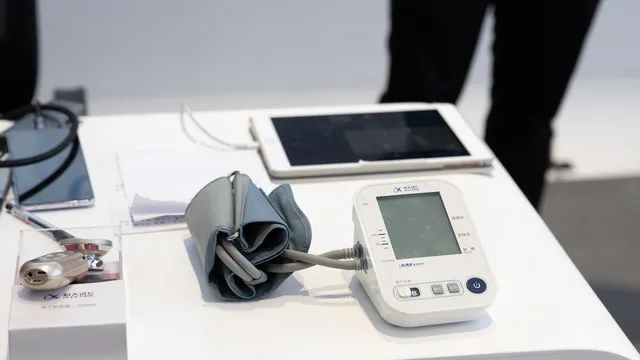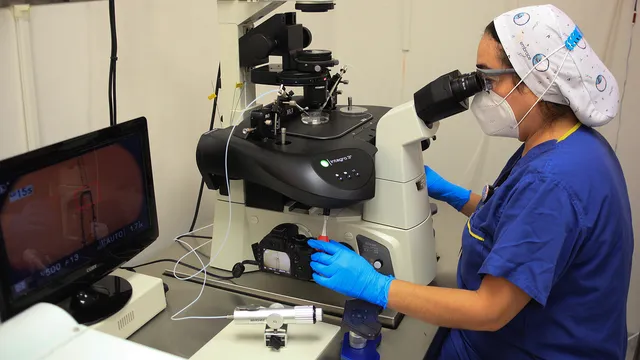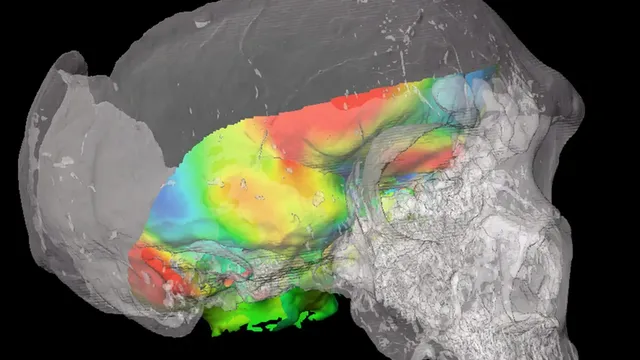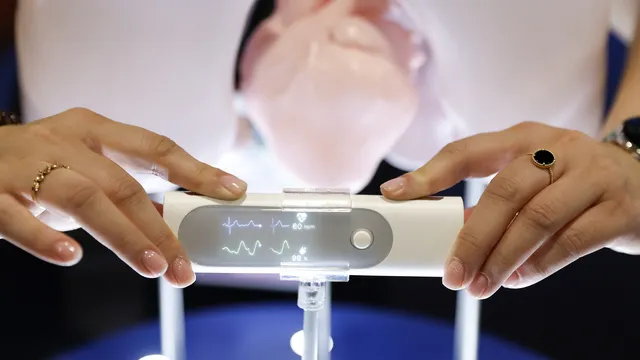An increasing number of health startups are turning to artificial intelligence as a means of boosting efficiency and expanding their reach—especially amid a shortage of medical professionals, shrinking budgets, and rising rates of physician burnout, Business Insider reports. According to these companies, AI can enable clinicians to take on more patients and even increase their revenue, without compromising the quality of care.
“Our long-term vision is to gradually eliminate the need for in-person care and deliver it through technology,” says Daniel Perez, co-founder and CEO of Hinge Health, a physical therapy company that recently went public.
While some companies aim to fully automate healthcare services, others remain cautious, concerned about potential safety risks or negative impacts on the patient experience. These companies primarily use AI behind the scenes—to automate administrative tasks. This strategy has given struggling startups a second chance at survival.
“AI allows companies that, until recently, wouldn’t have reached profitability and would have shut down to survive and continue delivering long-term impact,” says Stephen Smith, co-founder and CEO of the mental health platform NOCD.
Notable changes are being seen particularly in the musculoskeletal space, where companies like Hinge Health and Sword Health are aggressively implementing AI to boost the efficiency of their physical therapists. In 2024, Sword Health has been actively expanding its AI applications—from drafting preliminary messages to prioritizing patients based on need. While at the beginning of the year a single therapist served between 200 and 300 patients, the goal by the end of 2024 is to increase that number to 700. The company declined to comment officially.
Hinge Health also relies on AI, including in patient–therapist communications. According to the company, AI has reduced the time therapists spend on physical therapy by 95%. In addition, it uses computer vision for at-home exercise sessions and, following its stock market debut in May, has invested heavily in developing new AI tools for care automation.
“At some point—whether in 10, 50, or 200 years—care will be automated through technology. And that’s a good thing,” says Perez.
Virtual pediatric care startup Summer Health also uses AI to increase the number of patients served. Founder Ellen DaSilva emphasizes that AI will not replace doctors, but can assist with both clinical and administrative tasks. Whereas in traditional models one care provider sees five to seven patients per hour, under Summer Health’s model—based largely on text messaging—that number initially rose to ten. With the help of AI, that capacity can easily double, she says.
In pediatrics, where staff shortages are especially severe, this efficiency is critical. DaSilva believes AI not only broadens access to care but also helps reduce physician burnout.
Not everyone, however, is convinced AI is a cure-all. Chronic care company Omada Health, which also went public in May, has used AI behind the scenes for years but only recently introduced its first patient-facing tool—a nutrition Q&A agent. According to co-founder and CEO Sean Duffy, the company has no intention of replacing human interaction with AI.
“I’ve yet to meet a person who feels accountable to ChatGPT,” Duffy said. “I often say there’s a reason we talk about artificial intelligence, but not artificial empathy. That’s why there will always be a human element in our work.”
Virta Health, a competitor to Omada in diabetes care, has been using machine learning since 2017. Founder and CEO Sami Inkinen says that despite early challenges, the company now maintains about 60% gross profit thanks to generative AI. The technology is used in a range of operations—from developing individualized care plans to chatbots that answer questions 24/7. Still, clinical decisions remain in the hands of professionals.
NOCD, which provides therapy for people with obsessive-compulsive disorder, primarily uses AI for administrative tasks such as note dictation and revenue management. The company has become profitable and expanded its therapist network without a dramatic increase in costs. The chatbot Robin assists therapists during sessions but does not interact directly with patients.
Stephen Smith stresses that with a serious mental illness like OCD, extreme caution and thorough research are needed before AI is introduced into clinical practice. “We know we need to proceed with great care—these are people in severe condition. That’s why we want AI not just to function, but to be flawlessly effective and ensure safety for both patients and therapists.” |BGNES

 Breaking news
Breaking news
 Europe
Europe
 Bulgaria
Bulgaria







